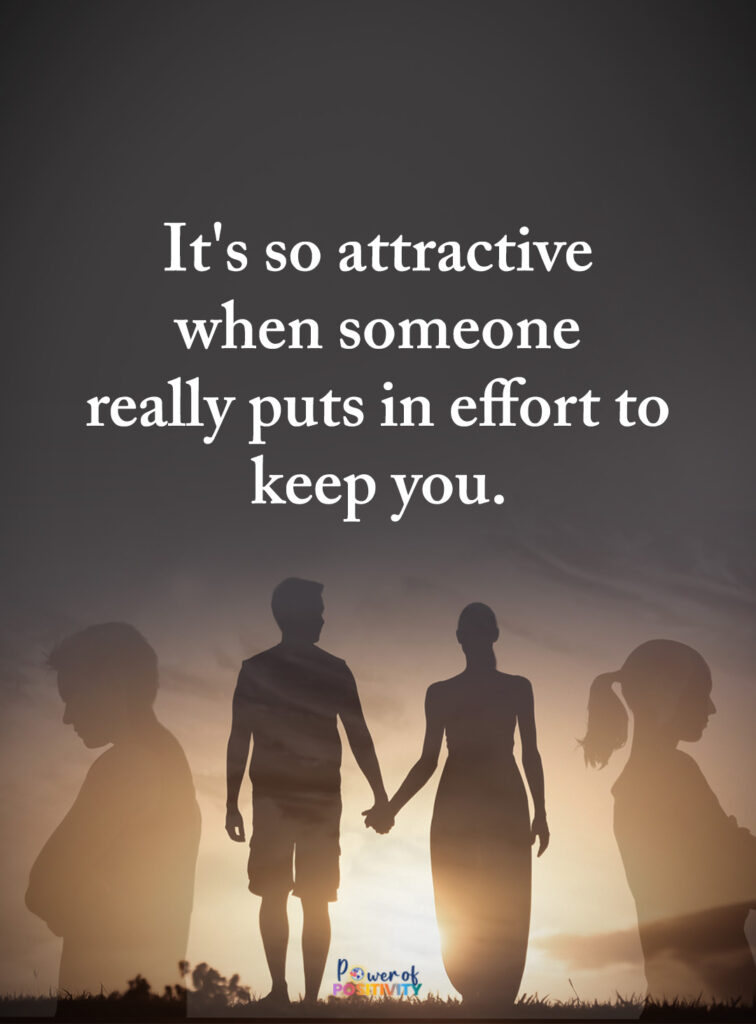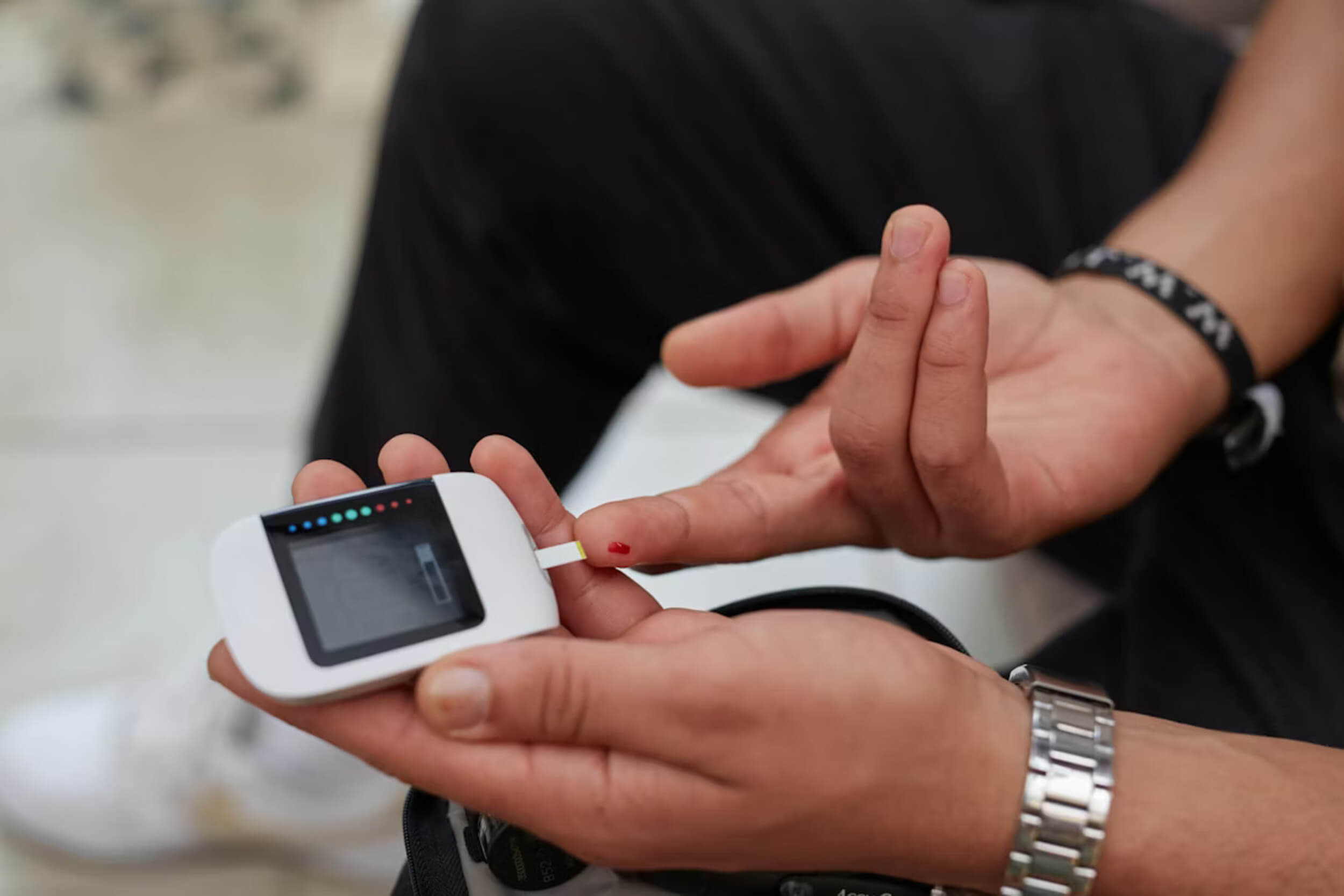Kindness often gets the wrong label. People see it as soft, easy, or something you do just to be liked. But that’s not what it really is. Kindness isn’t weak—it’s one of the hardest things to choose when life gets loud and messy.
Letting things go, staying calm when insulted, or helping someone who’s hurt you isn’t easy. It takes patience, self-control, and a deep kind of strength that doesn’t always show on the outside.
This kind of kindness doesn’t mean you agree with everything or let people walk over you. It means you care enough to stay grounded when it matters. You lead with your values, not your ego.
In a world that rewards fast reactions and sharp words, quiet strength stands out. That’s what real kindness is made of.
When Choosing Kindness Feels Like an Internal Tug-of-War
There are moments when being kind feels like a fight inside yourself. One part wants fairness, the other wants peace. You remember what someone said or did, and your mind says, “They don’t deserve your patience.” But your heart? It still leans toward care. That doesn’t make you weak. That makes you strong enough to feel both things and still choose better.
This tug-of-war shows up in small, everyday ways:
- You stay quiet instead of clapping back with something hurtful.
- You forgive someone who hasn’t apologized, just so you can move forward.
- You give second chances even when your pride says not to.
Kindness isn’t weak. It’s hard to choose when you’re hurt. But doing so shows more control than yelling ever could.
Holding space instead of reacting right away takes guts. It’s not about letting people off the hook—it’s about not losing yourself. You protect your peace without causing more harm. That’s strength people don’t always see, but it’s there.
And that’s why kindness isn’t weak, even when it feels like a quiet battle inside you.
The Myth That Kind People Never Get Angry
Anger and kindness aren’t enemies. You can feel both—and still act with care. A lot of people believe kind folks are always calm, always agreeable, never upset. That’s just not true.
Kind people:
- Get angry when something’s unfair
- Speak up when someone crosses a line
- Set limits without being mean
What they don’t do is use anger to harm. They let it guide them to action, not revenge.
You can say, “That hurt me,” and still stay kind. You can say, “No, that’s not okay,” and still care about the other person. Being kind doesn’t mean shrinking. It means being honest and respectful at the same time.
The idea that kind people don’t feel big emotions is false. They feel them all—and still choose how to respond. That’s not weakness. That’s real emotional strength.
Setting Boundaries Is a Kindness Too
Saying “no” doesn’t make you mean—it makes you clear. Kindness isn’t always about being available or saying yes. Sometimes, it’s about knowing your limit and sticking to it. That’s not being cold. That’s protecting your energy so you can show up in a better way.
Here’s what kindness with boundaries can look like:
- Taking time to rest, even when others want your help
- Saying, “That doesn’t work for me,” without guilt
- Ending conversations that feel hurtful or draining
- Not letting people speak to you in disrespectful ways
You can care about someone and still choose space. That’s kindness with strength.
The same goes for how we treat ourselves. Skipping sleep, ignoring burnout, or pushing too hard isn’t kind—it’s damaging.
Kindness isn’t weak. It’s smart, strong, and sometimes a little firm. Boundaries aren’t selfish. They help you stay kind without running on empty. And when you protect your peace, you protect your ability to love well.
That’s why kindness isn’t weak, even when it sounds like “no.”
What the Science Says About Kindness and the Brain
Kindness feels good for a reason—it’s wired into the brain. When you do something kind, even something small, your brain releases chemicals like oxytocin, serotonin, and dopamine. These help lower stress, improve your mood, and make you feel more connected to others.
Research shows that people who practice kindness regularly tend to:
- Handle stress better
- Sleep more soundly
- Recover faster from emotional pain
- Feel more satisfied with their lives
It’s not just about being “nice.” It’s about building real emotional strength from the inside out.
Kindness creates a ripple effect, not just in the world—but in your body. It helps you think more clearly, feel more grounded, and stay calm in tough moments.
The science is clear: kindness isn’t weak. It’s one of the strongest things your brain can do, especially when life gets hard. And the more you practice it, the stronger your brain becomes at staying steady, focused, and calm.
Kindness Isn’t Always Quiet
Quiet doesn’t always mean kind—and loud doesn’t always mean rude. Speaking up with care is one of the most powerful forms of kindness. Not everyone will agree, but sometimes kindness means getting uncomfortable.
Here are some moments when kindness is bold:
- Saying “that’s not okay” when someone makes a hurtful joke
- Stopping gossip instead of laughing along
- Telling a friend the truth—even if it’s hard to hear
- Defending someone who’s being left out or mistreated
Kindness doesn’t mean staying silent. It means choosing words that help, not harm. You’re not picking a fight—you’re standing for something good.
Holding people accountable doesn’t make you rude. It shows that you care enough not to let them slip into patterns that hurt others—or themselves.
Kindness isn’t weak, and it isn’t always soft. Sometimes it’s brave. Sometimes it’s loud. And often, it’s exactly what’s needed.
How Being Kind Changes You First
You’re not just helping others when you’re kind—you’re shaping who you become. Kindness changes your mood, your focus, and even how you see yourself. It’s not just a habit; it’s a builder of character.
Kind people often feel:
- More grounded, even when things go wrong
- Calmer during tough conversations
- Less reactive to stress or criticism
- Proud of how they handle things, even without recognition
You don’t need a thank-you to know you did the right thing. The reward is internal. It builds emotional strength, not just in the moment, but over time.
When you choose kindness, especially when it’s hard, you prove something important to yourself: that you can lead with values, not just reactions.
Kindness isn’t weak. It teaches you patience, courage, and trust in your own choices. Every kind act is a quiet step toward becoming someone you’re proud of—stronger, steadier, and more at peace.

The Link Between Kindness and Identity
Kindness isn’t just something you do—it can become part of who you are. When it’s rooted in your values, it shows up even when no one’s watching. It becomes your go-to response, not because it’s easy, but because it’s honest.
You don’t have to think about whether to be kind—you just are. That’s when kindness becomes part of your identity.
You might notice:
- You feel uncomfortable being unkind, even when angry
- You stop looking for praise—kindness feels right on its own
- You’d rather stay true to your values than “win” an argument
Kindness isn’t weak—it’s a choice that grows into a habit, and then into your character. When it becomes part of how you see yourself, it doesn’t waver with the mood or the moment. It stays steady, even when it’s tough.
Being Kind in an Unkind World
Staying kind in a world that feels harsh isn’t easy. There are days when it feels like everyone’s looking out for themselves, talking over each other, or snapping online. It’s tempting to match that energy—but it never feels good for long.
Being kind anyway is a quiet kind of bravery.
It helps to remind yourself:
- You’re not naive—you’re choosing peace over noise
- You’re not weak—you’re holding on to what matters
- You’re not small—you’re shaping how others feel, even if they never say it
Kindness can feel like swimming upstream. But that’s what makes it powerful. Every time you choose calm over chaos, you stand for something better.
Kindness isn’t weak. It’s a daily decision that says, “I won’t lose myself just because the world is loud.” That’s not backing down—that’s rising above it.
The Unexpected Ways Kindness Leaves a Mark
Small things can stick with people more than you know. You don’t have to change someone’s life to make their day a little easier. One simple act can stay with someone for years.
These tiny moments often matter most:
- Holding the door for someone who looked rushed
- Sending a check-in message to a friend who’s been quiet
- Offering a smile when you notice someone’s struggling
- Giving your full attention during a short conversation
People might forget your name, your outfit, or your words—but they’ll remember how they felt around you.
Kindness isn’t weak. It’s the quiet strength that stays behind when everything else is forgotten. The smallest act of care can echo longer than any loud display of power.
When Kindness Also Means Letting Go
There’s a type of kindness that doesn’t look like kindness at first—letting go. It means walking away from what’s hurting you, even if you once cared deeply. It means you don’t carry every hurt just to prove a point.
Here’s when letting go is an act of kindness:
- When holding on only brings more pain
- When the fight for closure starts costing your peace
- When resentment keeps building, but nothing changes
- When forgiving (even silently) frees your own heart
Letting go doesn’t mean you’re giving up. It means you’re strong enough to protect your peace, even if others don’t understand.
Final Thoughts on Why Kindness Is the Real Power Move
Real power isn’t always loud. Sometimes it shows up as patience, calm, and the choice to respond with care instead of anger. That kind of strength takes more control than most people realize.
Kindness doesn’t mean you shrink or stay silent. It means you speak with honesty, treat people with respect, and stay true to yourself—even when it’s hard. It doesn’t always get recognition, and you won’t always see the impact right away. But it stays with people, and it stays with you.
Kindness isn’t weak. It’s steady, quiet, and strong. It changes how you feel about yourself and how others feel around you. In a noisy, fast-moving world, kindness is the clearest kind of power there is.














